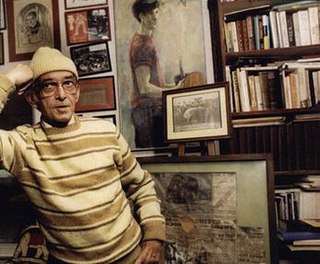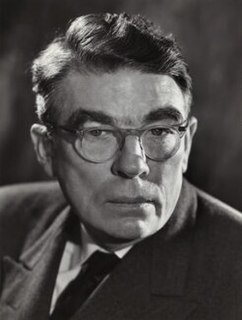A Quote by Criss Jami
There is such a thing as righteous judgment, but it seems that lately the word 'judgment' has become a curse word, period. The issue isn't whether or not we're insightful enough to avoid being judgmental, but whether or not we're secure enough to accept being judged. It is inevitable for every conscious human being to judge. It may spring from insight and experience and sincerity, and in such cases, it is quite beneficial on the receiving end.
Quote Topics
Accept
Avoid
Become
Being
Being Judged
Being Judgmental
Beneficial
Cases
Conscious
Curse
End
Enough
Every
Experience
Human
Human Being
Inevitable
Insight
Insightful
Issue
Judge
Judged
Judgment
Judgmental
Lately
May
Period
Quite
Receiving
Righteous
Secure
Seems
Sincerity
Spring
Such A Thing
Thing
Whether
Word
Related Quotes
Human judgment of human actions is true and void , that is to say, first true and then void.... The judgment of the word is true, the judgment in itself is void.... Only he who is a party can really judge, but as a party he cannot judge. Hence it follows that there is no possibility of judgment in the world, only a glimmer of it.
Listening is a rare happening among human beings. You cannot listen to the word another is speaking if you are preoccupied with your appearance, or with impressing the other, or are trying to decide what you are going to say when the other stops talking, or are debating about whether what is being said is true or relevant or agreeable.
Such matters have their place, but only after listening to the word as the word is being uttered.
Listening is a primitive act of love in which a person gives himself to another’s word, making himself accessible and vulnerable to that word.
It is easy enough to say, Be true to your values. But what if your values are irrational? Or what if the virtues you have committed yourself to are so much against human nature that they cannot be practiced consistently? Be careful of what you accept as your code of morality. Think carefully about whether its tenets serve your life and well being. Exercise critical judgment. Realize how much is at stake-your life, your happiness, your self-esteem.
In our culture of constant access and nonstop media, nothing feels more like a curse from God than time in the wilderness. To be obscure, to be off the beaten path, to be in the wilderness feels like abandonment. It seems more like exile than a vacation. To be so far off of everyone’s radar that the world might forget about us for a while? That’s almost akin to death…[But] far from being punishment, judgment, or a curse, the wilderness is a gift. It’s where we can experience the primal delight of being fully known and delighted in by God.
Sometimes you have a flash of insight, but it's not strong enough to survive. Therefore in the practice of Buddhism, samadhi is the power to maintain insight alive in every moment, so that every speech, every word, every act will bear the nature of that insight. It is a question of cleaning. And you clean better if you are surrounded by those who are practicing exactly the same.







































